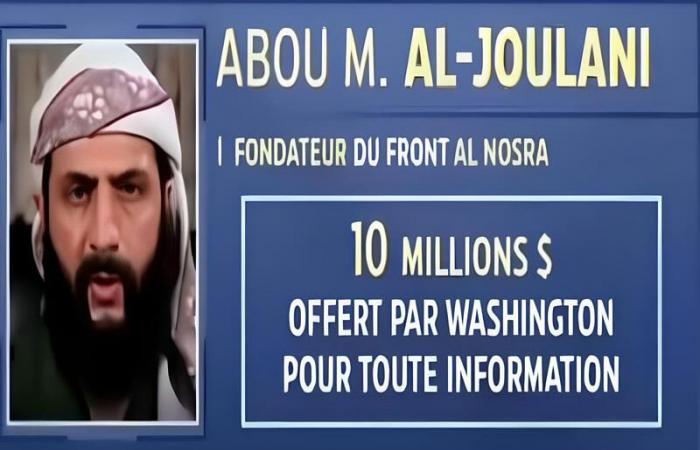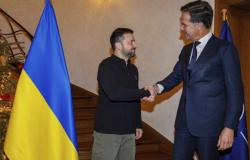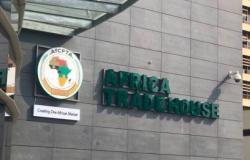US State Department spokesperson Matthew Miller announced the US $10 million reward for anyone providing information on Abu Mohammed Al Joulani, whose real name is Ahmed Hussein al-Sharaa , is maintained.
The commander of the military operations department in Syria, who led the coup against the regime of Bachat Al Assad, is still described by the United States as “global terrorist”.
“No U.S. government employee may apply for this award,” Miller added during the daily press briefing. The United States thus maintains its position against Al Joulani who, despite his attempts to give a reformist image of himself and the Hay’at Tahrir al-Sham (HTS) faction.
Washington’s reward of $10 million for information on Al-Joulani was announced in 2017, and the State Department was keen to reiterate that it still stands despite the latter helping to scare away dictator Bashar Al Assad.
The leader of the armed opposition factions in Syria, as well as the HTS which he leads, therefore remain targets for Washington, not to mention the fact that the HTS is officially included on the list of terrorist organizations.
US President Joe Biden had announced that the United States would work with the opposition in Syria to seize the opportunity presented by the overthrow of Assad, but a question has recently emerged over the extent of Washington’s willingness to remove Hay’at Tahrir al-Sham and Joulani from terrorist lists.
Matthew Miller indicated, regarding HTS, that the United States had the principles of “ensure that Syria is not a base for terrorism and does not pose a threat to its neighbors.”
Likewise, he added that“This is about ensuring that humanitarian aid is allowed to enter Syria. And it is also about ensuring that the rights and freedoms of all the Syrian people are respected. We have set out these principles. I think we talked about it pretty clearly.”
Recalling that the United States does not operate ” Currently “ in Syria, with the exception of the coalition forces in the eastern part of the country where the HTS is under control, he considered it important that the Syrian people decide the type of government and a constitution they want “from one framework that represents his aspirations, that represents the type of normal compromise and compromise that occurs in civil society.”






